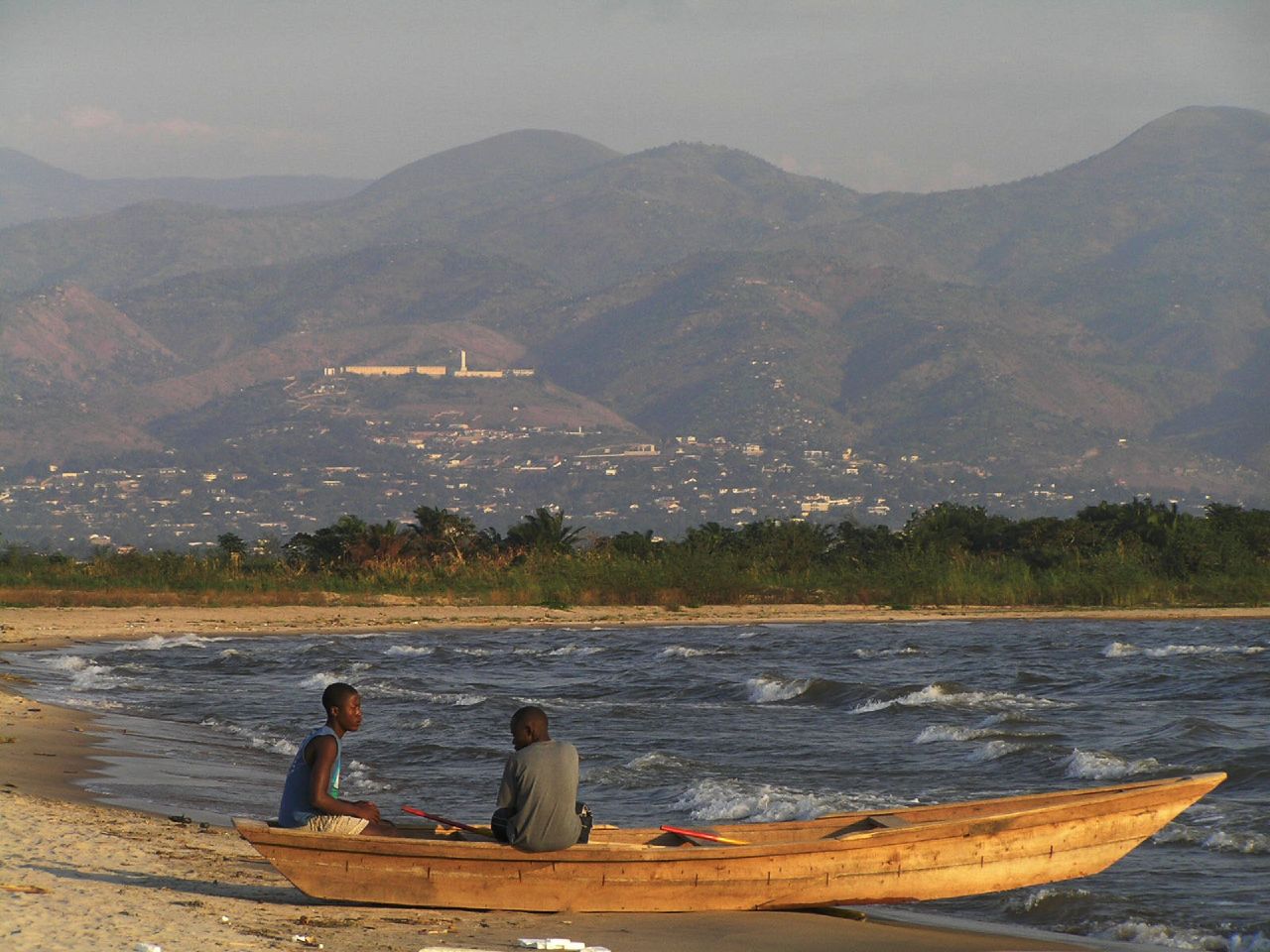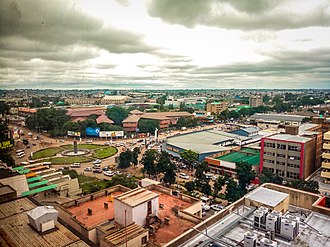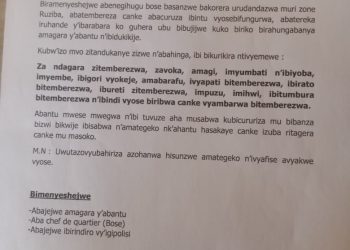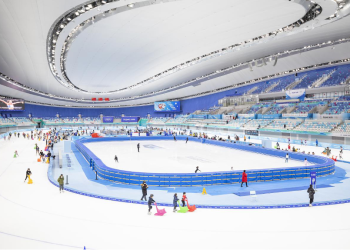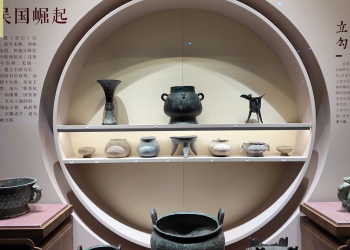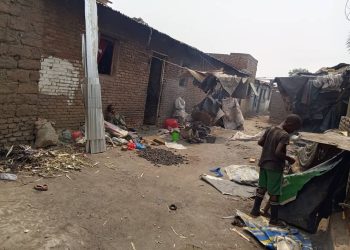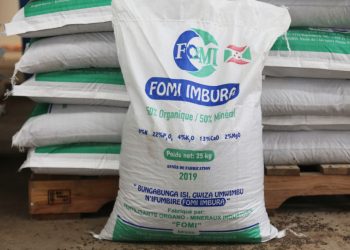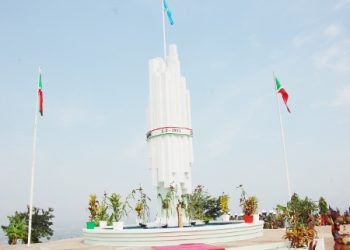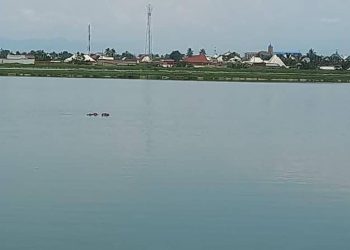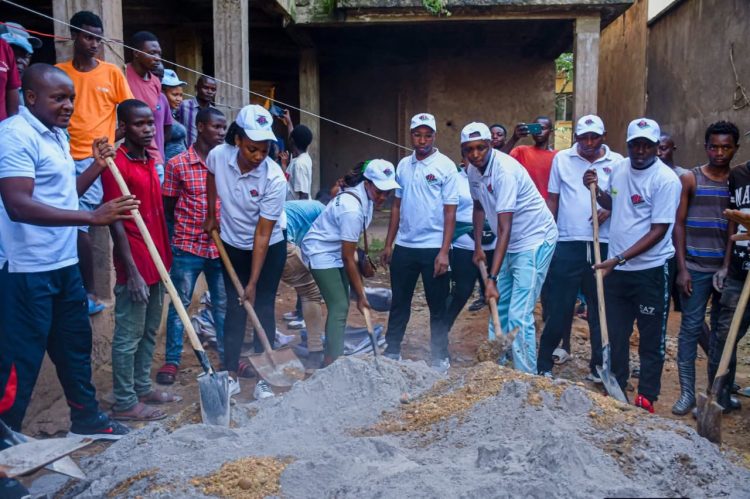
On the celebration of the World Water Day which takes place each 22 March, Burundi Ministry of Environment calls on local administrative officials and the population to be involved in the management of wastewater to avoid polluting Tanganyika Lake.
Industrial activities such as the discharge of waste oils, various paints, hydrocarbons, reagents in drainage channels or watercourses which always flow into Lake Tanganyika, contribute to its pollution.
Jean Marie Nibirantije, Director of Lake Tanganyika Authority, says the existence of many companies that produce waste water with polluting substances is a real problem since all of these companies discharged their waste water directly into Lake Tanganyika without any treatment. He, however, says the situation has improved slightly in recent years through initiatives to link the big companies to the Bujumbura Municipal Technical Services (SETEMU) sewer system. “But these services need to be more strengthened”, he says
Jeanne Francine Nkunzimana, Director of Sanitation and Control of Water Quality in the Ministry of Environment, Water and Urban Territory, says the waste water treatment plant has a processing capacity of 40,000 m3 per day. She, nevertheless, says that given the small number of connected houses and industries, the plant currently processes only 10,000 to 12,000 m3 per day. “The capacity of the waste water treatment plant therefore remains largely underutilized”, she says.
Nkunzimana says Afritank, Afritextile, Sogeabu (slaughterhouse) and Brarudi companies used to channel their waste water into Lake Tanganyika without any treatment. “We warned them and said some measures would be imposed in case of disobedience as fines proved ineffective to them”, she says.
She calls on the local administration and residents to work together in the management of waste water for the environment protection and human health. “A degraded environment contributes to the appearance of the most common and serious diseases such as cholera, poliomyelitis, dysentery, typhoid, malaria…” she says.
More than 80% of the company’s waste water returns to the ecosystem without being processed or reused in the world.
About 1,8 billion people are at risk of contracting cholera, dysentery, typhoid or polio by drinking water contaminated with excrement. The unhealthiness of the water and lack of sanitation and hygiene cause 842, 000 deaths each year in the world.
The World Water Day will be officially celebrated in Rumonge southern Province this 25 March on the theme “Manage wastewater for the environment protection”.
IwacuBurundi

